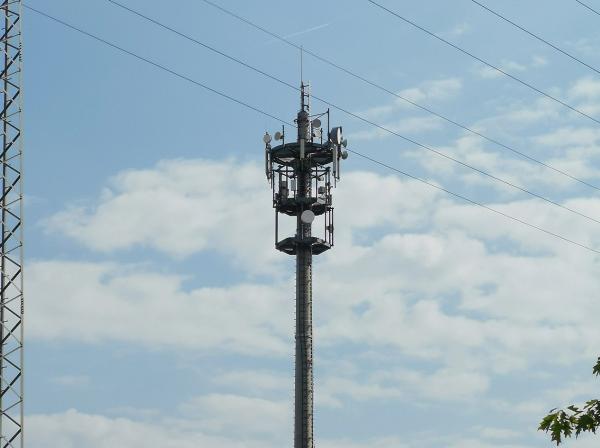When I was a graduate student working on my PhD at the University of Washington (UW), we would receive email notifications once a year letting us know that animal rights' activists were in the area. We were warned against interacting with them.
Why? Because the sort of person who protests naked while painted as a tiger and sitting inside a cage might be unreasonable and unpredictable. Indeed, a group of ecoterrorists called the Earth Liberation Front actually burned down a UW building in 2001 because a professor there researched tree genetics.
While many fear that extreme partisan politics may lead to acts of terrorism, there's another worldview that could lead to the same, namely, the belief that technology is an existential threat to humanity. With the rise of artificial intelligence, genetic engineering, and nanotechnology, we may be primed for a new era of anti-technology terrorism.
A New Era of Anti-Technology Terrorism?
Anti-technology terrorism has happened before. Perhaps most infamously, in the 1810s, a group known as the Luddites broke textile machinery because it was seen as a threat to their livelihoods. In more recent times, Greenpeace activists have destroyed fields containing GMO crops. Physicists in Mexico received bombs in the mail from anti-nanotechnology activists.
Thus, there is plenty of historical precedent to justify investigating whether Nashville bomber Anthony Warner was motivated by some kind of anti-technology worldview. Indeed, 5G technology -- which is seen as the next generation of wireless connectivity that will help bring about self-driving cars, smart home appliances, and other gizmos -- ridiculously has been blamed for causing cancer and COVID-19. In response, European activists have set fire to dozens of 5G towers.
Given that Warner placed his bomb not too far from an AT&T skyscraper (a giant structure known as the "Batman Building") next to an AT&T communications facility*, the media is reporting that Warner may have been worried about 5G, specifically that it is being used to spy on Americans. It is not. (However, it certainly could be if the 5G devices are created by China.)
Where does such anti-technology nonsense come from? The usual suspects are involved, like Alex Jones and Russian propaganda outlet RT. Unfortunately, the mainstream media have helped feed the paranoia. Scientific American published a thoroughly unscientific article about the alleged health risks of 5G, which was written by conspiracy theorist Joel Moskowitz. The Nation similarly published a conspiratorial screed about "Big Wireless." Journalist Sue Halpern parroted unsubstantiated health fears in an essay for The New Yorker. As a bonus, that 2019 article also came with this totally rational, not-alarmist-at-all headline:

Given recent history, along with the flood of mis- and disinformation from allegedly reputable news outlets and social media, it is not a stretch to believe that we are entering an era in which cabals of anti-tech activists destroy critical infrastructure or plant bombs inside research facilities. Heaven help us if that dystopian future becomes reality.
*Correction (8-Jan-2021 @ 1:32 pm PT): It was brought to my attention that the anti-5G conspiracy speculation was due to the bomb being placed outside an AT&T communications facility, not the "Batman Building" skyscraper. Additionally, a very good analysis suggests that the bomber was motivated not by anti-5G sentiment but simply the desire to commit suicide.




